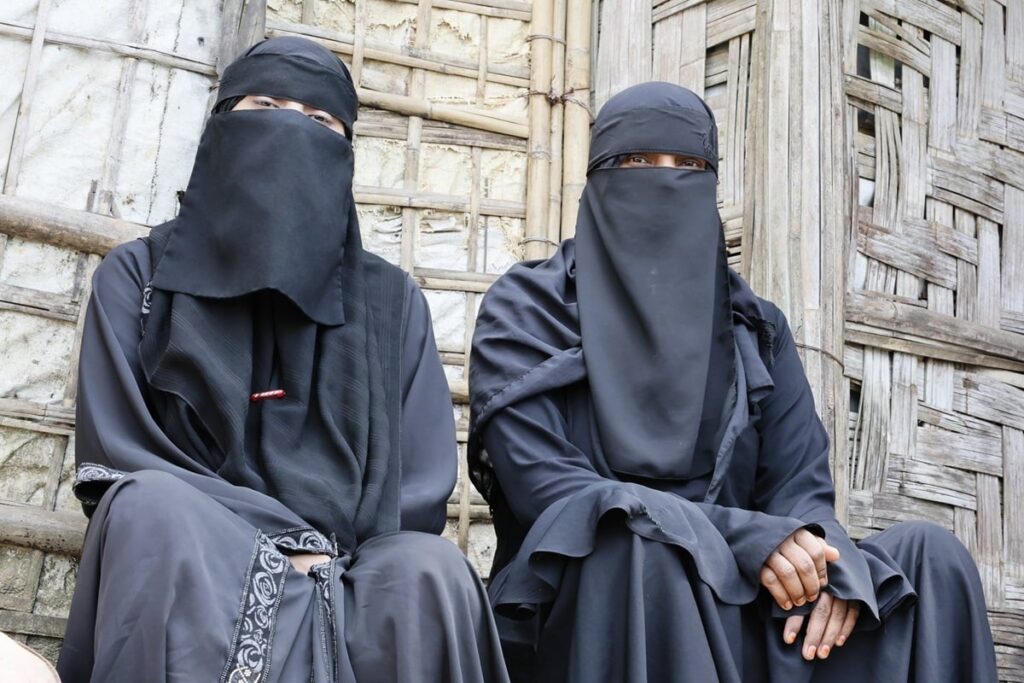
In January 2025, the World Health Organization (WHO), in collaboration with the Government of Bangladesh and various health partners, launched an extensive Oral Cholera Vaccination (OCV) campaign targeting both Rohingya refugees and adjacent host communities. This initiative, which vaccinated 976,751 individuals, achieved an impressive 103.6% coverage, attributed to an influx of refugees and potential inaccuracies in population estimates. Children constituted 42% of those vaccinated, underscoring the campaign’s focus on vulnerable groups.
The campaign’s success was the result of meticulous planning and coordination over several months. WHO spearheaded technical preparations, training vaccinators in safe vaccine delivery, data documentation, and maintaining cold-chain logistics. Volunteers played a crucial role, going door to door to raise awareness and ensure comprehensive coverage across all 33 camps, leaving no family behind.
Cholera Cases Plummet: A Fivefold Reduction
By the end of January, the number of confirmed cholera cases had dramatically decreased from 170 in December to just 32, marking a fivefold reduction and signaling the effective containment of the outbreak. This significant drop highlights the impact of the vaccination efforts and the importance of rapid response in controlling infectious diseases.
Continued Efforts: A Second Vaccination Round and Enhanced WASH Services
In April 2025, WHO and its partners conducted a second round of OCV, targeting 177,222 children aged 1–5 years, the demographic most susceptible to severe cholera-related illness. This phase of the campaign was coupled with improvements in Water, Sanitation, and Hygiene (WASH) services and ongoing disease surveillance, further fortifying the health system in Cox’s Bazar against cholera and other infectious threats.
The integration of vaccination with enhanced WASH services underscores a holistic approach to disease prevention, addressing both immediate and underlying factors that contribute to cholera outbreaks. This strategy not only protects vulnerable populations but also builds resilience within the community.
Preparedness for Future Outbreaks
Building on the successes of the vaccination campaign, in May 2025, WHO and the Government of Bangladesh organized a cholera preparedness simulation exercise. This exercise aimed to test and refine emergency response capacities and coordination among various stakeholders. By simulating an outbreak scenario, the exercise helped to sharpen outbreak protocols and reinforce multisectoral collaboration, ensuring that both health and WASH partners are equipped to respond swiftly in future emergencies.
Such preparedness exercises are crucial in maintaining readiness and ensuring that lessons learned from past outbreaks are effectively applied. They provide a platform for continuous improvement in emergency response strategies, fostering a proactive rather than reactive approach to public health threats.
Historical Context and Expert Insights
The Rohingya refugee crisis has posed significant challenges to public health in Bangladesh, with overcrowded living conditions in camps exacerbating the risk of infectious disease outbreaks. Historically, cholera has been a persistent threat in the region, often fueled by inadequate sanitation and limited access to clean water.
According to Dr. Ayesha Khan, a public health expert specializing in infectious diseases,
“The success of the recent vaccination campaign is a testament to the power of coordinated global and local efforts. It highlights the necessity of integrating vaccination with broader public health measures such as WASH to achieve sustainable disease control.”
Dr. Khan’s insights emphasize the importance of a comprehensive approach to public health, one that combines immediate interventions with long-term infrastructure improvements.
Looking Ahead: Sustaining Health Gains
The achievements in controlling cholera among the Rohingya and host communities in Bangladesh set a precedent for future public health initiatives. The integration of vaccination campaigns with enhanced WASH services and preparedness exercises represents a model that can be replicated in other regions facing similar challenges.
As Bangladesh continues to host one of the largest refugee populations in the world, sustaining these health gains will require ongoing commitment and collaboration from both national and international partners. The lessons learned from this campaign will undoubtedly inform future strategies, ensuring that the health and well-being of vulnerable populations remain a priority.
In conclusion, the success of the cholera vaccination campaign in Bangladesh demonstrates the impact of coordinated efforts in public health. By combining immediate interventions with long-term strategies, the country has not only controlled a significant outbreak but also strengthened its capacity to respond to future health challenges.





